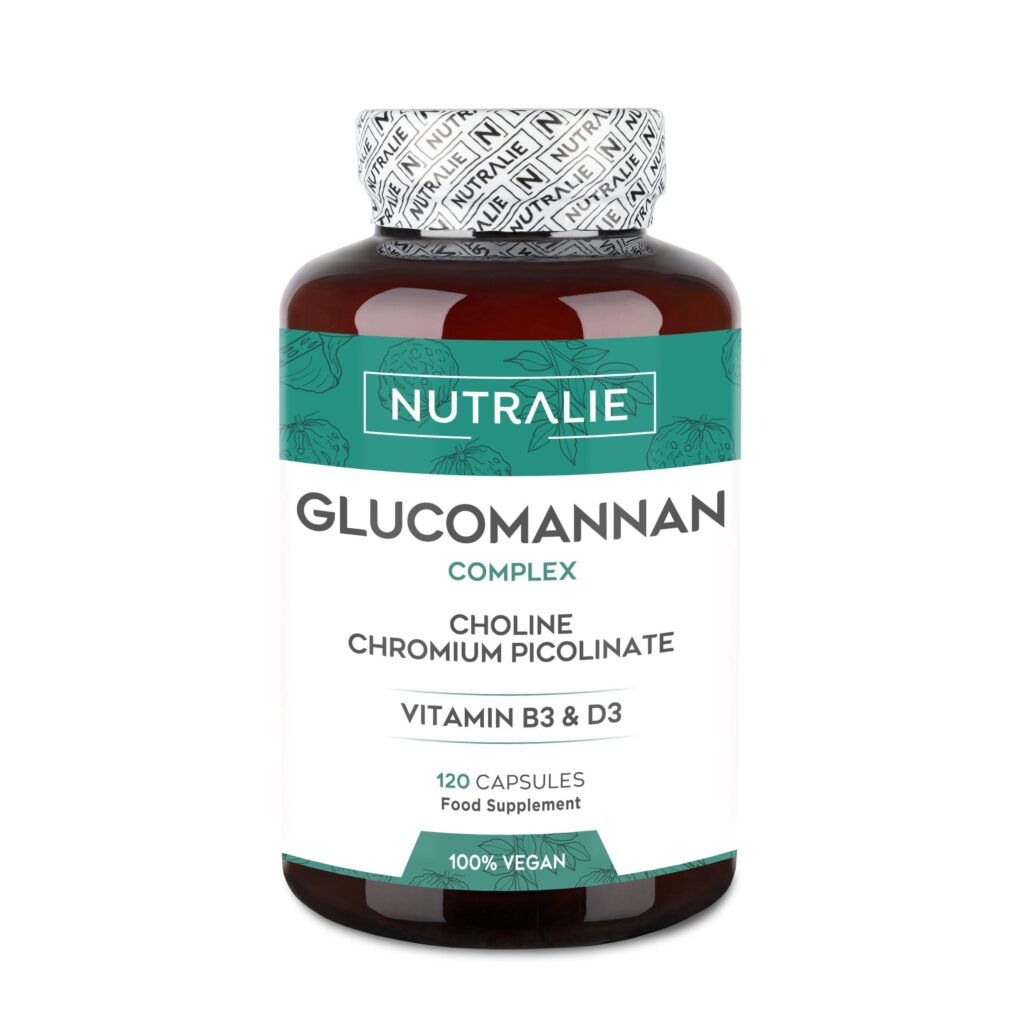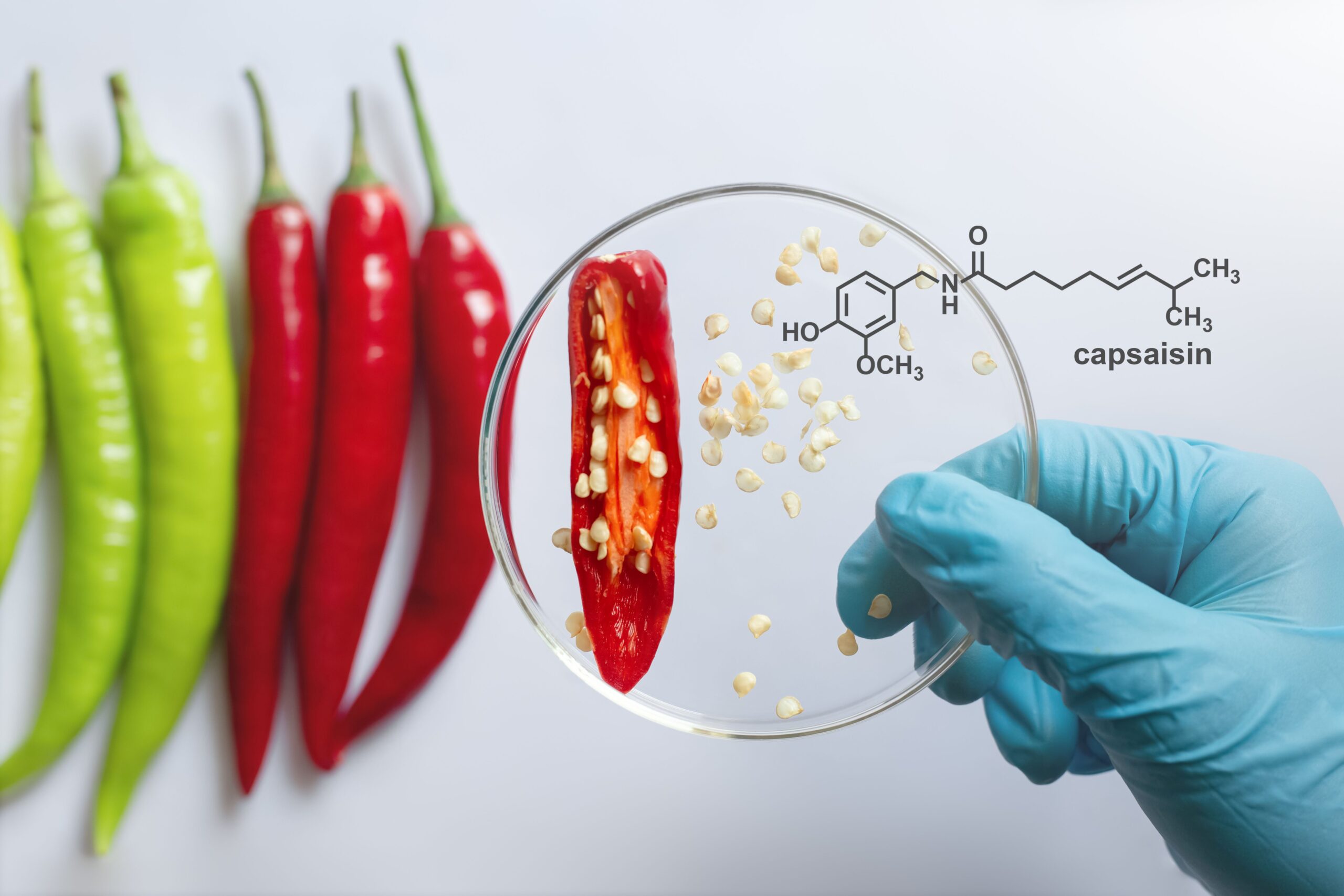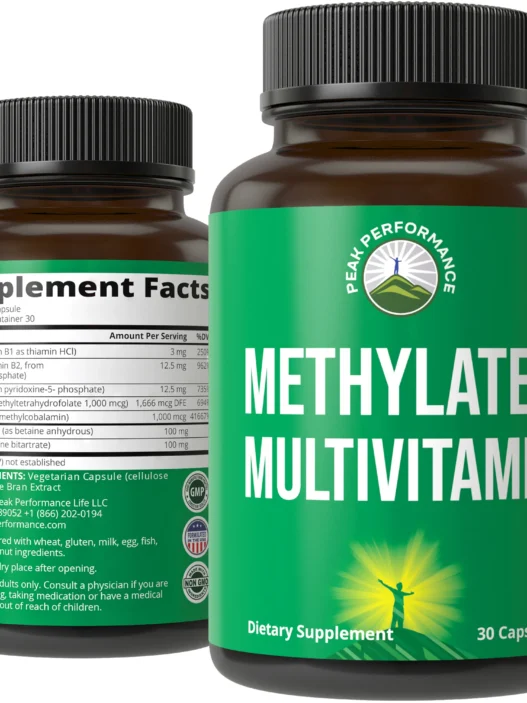Weight management supplements can aid in weight loss or weight maintenance, but their effectiveness varies and they are not a substitute for a healthy diet and exercise.
Some supplements, like caffeine and green tea extract, may boost metabolism and fat burning, while others, like glucomannan, may promote feelings of fullness.
However, many supplements lack strong evidence of effectiveness and some may pose risks, especially when combined with other medications or health conditions.
What Are Weight Management Supplements?
Weight management supplements are products that claim to help people control their weight. They come in many forms such as pills, powders, teas, and gummies.
Some focus on reducing appetite, while others boost energy or increase fat burning.These products are made to support weight goals in different ways. But before using them, it is important to understand how they work and what to expect.
Common Types of Weight Management Supplements
Caffeine
One natural stimulant that may increase energy. Aid in calorie burning is caffeine. By increasing metabolism, improving fat burning through. The effects of caffeine and chlorogenic acid, and momentarily decrease hunger, can help with weight control. Avoid adding sugars or creams to your black coffee to get the most advantages because they might add a lot of calories.

Green Tea Extract
Green tea extract is frequently utilized to promote fat burning and metabolism. Antioxidants are abundant in green tea. The green tea extract. These have been linked to a number of health advantages. Including better skin, a lower risk of cancer, and improved liver, brain, and heart health.

Glucomannan
a plant-based fiber that may prolong feelings of fullness. The food industry frequently uses glucomannan. They are a plant-derived polysaccharide that is a member of the mannan family.
They are used as emulsifiers and thickeners. Amorphophallus konjac, sometimes known as the konjac plant. It is the source of the most widely used glucomannan. There are other sources as well (Xiao, Gao, & Zhang).

Garcinia Cambogia
Sometimes a fruit extract is used to regulate appetite. It keeps fat from accumulating. The assertion lacks scientific support. Garcinia cambogia helps people lose weight. The Therapeutic Goods Administration (TGA) says that using Garcinia cambogia is safe. Garcinia cambogia side effects include nausea, headaches, and, in rare cases, liver failure.

Chromium Picolinate
A mineral that may lessen food cravings and maintain normal blood sugar levels. As a dietary supplement, chromium picolinate helps individuals with Type 2 diabetes achieve optimal insulin function and may aid in weight loss. It has been demonstrated that chromium ions control insulin via enhancing glucose uptake and raising insulin receptor 1 sensitivity.

Conjugated Linoleic Acid (CLA)
A particular kind of fatty acid that might help with weight loss. Numerous health conditions, including obesity, inflammation, immunomodulation, atherogenicity, anti-carcinogenicity, and osteosynthesis, have been demonstrated to be improved by CLA. Additionally, several studies on animals show greater beneficial health advantages than those on people.

Bitter Orange
A stimulant believed to increase energy levels and burn more calories. A hybrid citrus tree species called Citrus × aurantium yields the bitter, sour, Seville, bigarade, and marmalade oranges. Humans have spread it all over the world since it first appeared in Southeast Asia.

Capsaicin
It is present in chili peppers and may aid in calorie burning and appetite suppression. The substance found in spicy peppers, capsaicin, may help with weight control by enhancing fat oxidation, decreasing hunger, and raising energy expenditure, possibly by activating brown fat and improving your health.

Do They Really Help?
Supplements may support weight management, but they are not magic solutions. Most of them work best when combined with a balanced diet and regular exercise. Some people notice small benefits, while others may not see much change.
Things to Keep in Mind
- Always check the ingredient list.
- Not all products are backed by strong scientific research.
- Some supplements may cause side effects like headaches, stomach problems, or trouble sleeping.
- It’s best to talk to a doctor before starting any supplement.
Important Considerations
- Effectiveness Varies
- The effectiveness of weight management supplements varies widely. Some have limited evidence of effectiveness, while others may have some benefits but also potential risks.
- Safety Concerns:
Some supplements, like Ephedra sinica, have been linked to serious side effects and are not recommended. Others may interact with medications or exacerbate certain health conditions. - Not a Replacement for Diet and Exercise:
Weight management supplements are not a substitute for a healthy diet and regular exercise. They should be used in conjunction with a comprehensive weight management plan. - Consult with a Healthcare Professional:
It’s crucial to talk to a doctor or registered dietitian before starting any new weight management supplement, especially if you have any underlying health conditions or are taking medications.
Which supplement is best for weight loss?
There’s no single “best” weight loss supplement, as they work in different ways and effectiveness varies by individual.
Top options include protein supplements for appetite control and muscle maintenance, caffeine and green tea extract for metabolism and fat burning, and fiber supplements for satiety.
Other potential aids are conjugated linoleic acid (CLA), coconut oil, and certain B vitamins. Always consult a healthcare professional before starting any new supplement to understand risks, benefits, and interactions, especially as supplements are not a substitute for a healthy diet and exercise.
Conclusion
In conclusion, while some weight management supplements may offer potential benefits, it’s essential to approach them with caution and to prioritize a healthy lifestyle as the foundation for effective weight management.
Weight management supplements can be a helpful addition to healthy habits, but they should not replace good nutrition or physical activity. A balanced lifestyle, combined with safe supplements (if needed), is the best way to reach and maintain a healthy weight.

















